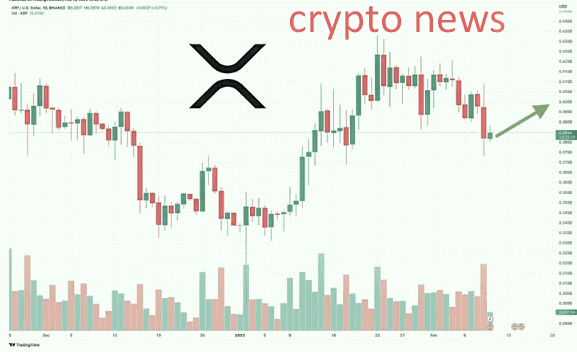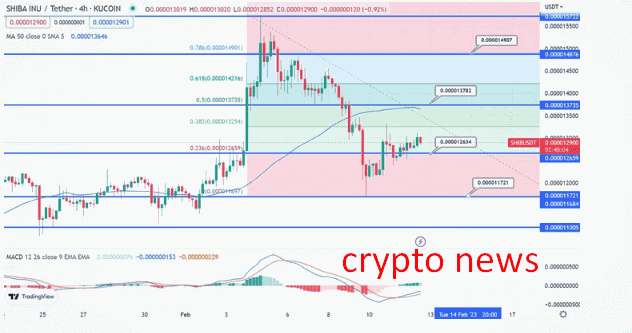crypto newsThe cryptocurrency crisis is descending upon us
The author is an economic adviser and research director at the Bank for International Settlements
There is a very bitter irony in the turmoil that is currently wreaking havoc in the world of cryptocurrencies. Crypto was born in the depths of the Great Financial Crisis of 2008 as a reaction against failures in the conventional financial system, with its shadow banks over-indebted and a garland of mismatches between indebtedness and maturities. The original Bitcoin white paper, published in the same year, sold a vision in which money was reconfigured into an independent peer-to-peer transfer system without the need for intermediaries.
However, today's uprisings carry exactly all the hallmarks of the failures that early supporters of the industry criticized. With the collapse of companies and the fall in currency prices, the separation of this new string of high-leveraged ghost banks is in full swing.
As we study the wreckage and chart a course for a political response that will hold back the sector, we need to keep in mind some key facts. Crypto operates under the banner of decentralization, but it is very centralized in two crucial respects.
At first, it seems that many supposedly decentralized protocols are very focused on who governs and controls things. Often the blame lies with the founder and a few supporters of venture capital - as evidenced by the implosion of stablecoin Terra Luna in May. In most cases, encryption is decentralized only by name
Second, centralized brokers, such as Sam Bankman-Fried's FTX exchange, play a pivotal role as a gateway to the crypto world in the classical financial system.
They direct the influx of new investors, which is the oxygen that maintains the dynamics and continuity of speculation. BIS research in this area has fully highlighted that encryption only works when it happens. Since the integration of new investors is crucial for the survival of cryptocurrencies, centralized brokers are important for maintaining the edifice.
The current collapse of FTX and other declining dominoes in the industry have led to a lot of heartfelt searches among cryptocurrency proponents. As might be expected, we hear some calls for the industry to "go back to its roots and origins" and be reborn in a purer form. The vision is to go back in time to the time when crypto was the preserve of a small group of enthusiasts rather than something marketed as a mainstream financial product. From this point of view, it would be more of a niche hobby among a small minority of followers, rather than entering our living room through television commercials in an effort to attract retail investors.
This pure form of cryptography, imagining to get rid of central intermediaries, would have only a very small imprint. But the cryptocurrency would never have reached its current size if it weren't for these entities to throw a lot of money into this sector. Instead of opposing each other, centralized brokers and cryptocurrencies confuse each other. For this reason, any political intervention undertaken now to mitigate the impact of cryptocurrencies will have to take into account this interdependence, as well as the role that stablecoins play as gateways to the main financial system.
Some say "let the cryptocurrency burn", but the idea that it will die on its own can be a desirable thought. When financial conditions change, even a very weakened, only purist sector could still provide the resources needed for the renewed entry of centralized intermediaries.
Any intervention should overcome a major challenge: if politics allowed cryptocurrencies to get tangled up in the mainstream and public financial system, it would lead to something that has been avoided so far. In particular, if stablecoins are added to the regulatory periphery, their role as an entry point to the rest of the overall cryptocurrency ecosystem will need to be addressed. Politics must be careful not to let them become the "cuckoo in the nest". The new standards issued by the Basel Committee for the strict banking supervision of the activities of the banking sector related to cryptocurrencies are a very important step in the right direction.
In general, the regulatory approach will have to differentiate the basic economic function of cryptocurrencies from what appears on the surface. Even during the worst excesses of the subprime mortgage boom, the chain of indebtedness eventually led to a real-world activity - very obviously, buying a house with cash. On the other hand, cryptocurrencies are very much self-referential; Its activities are related to trading other types of cryptocurrencies and has few references to tangible economic activity.
Finally, any public policy response must





